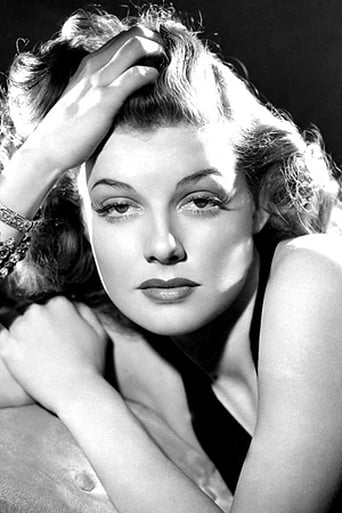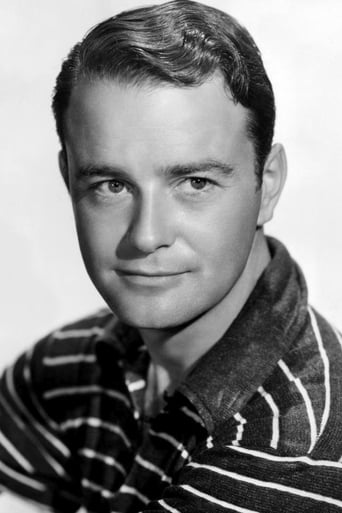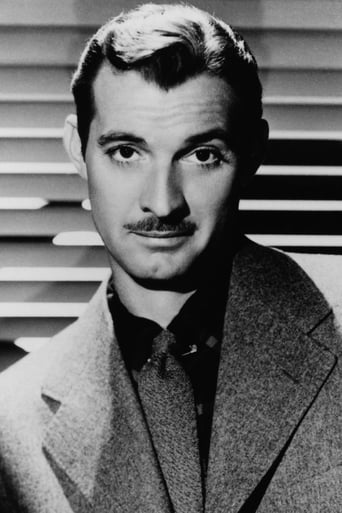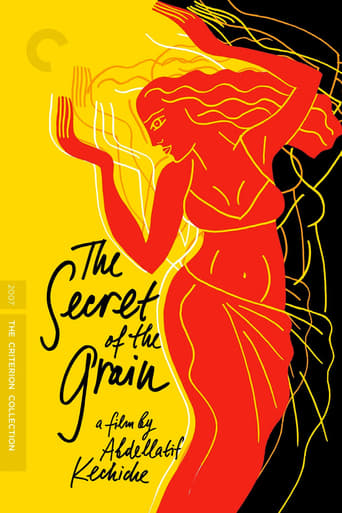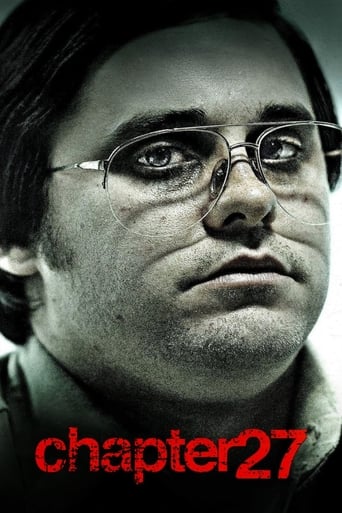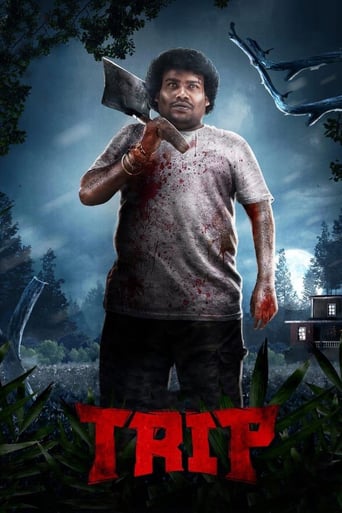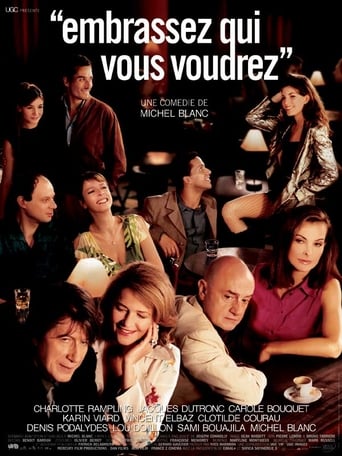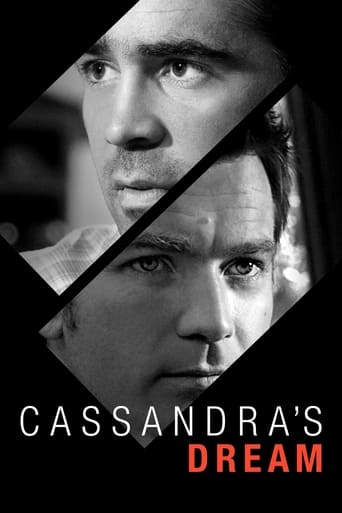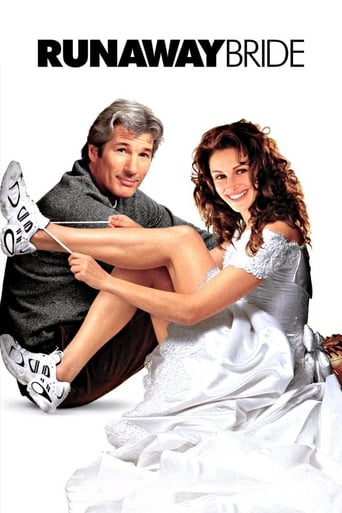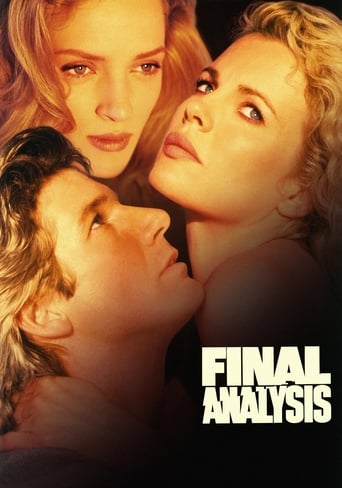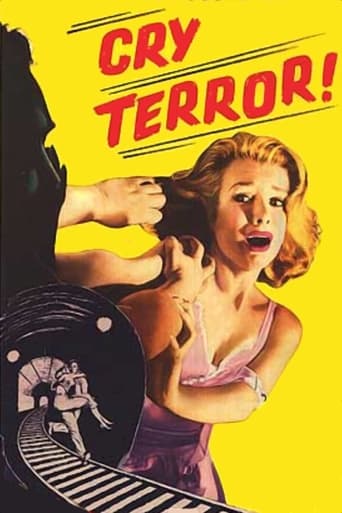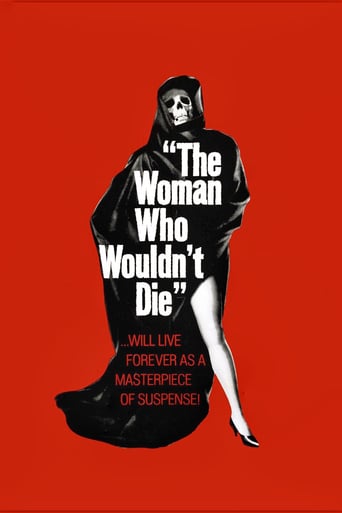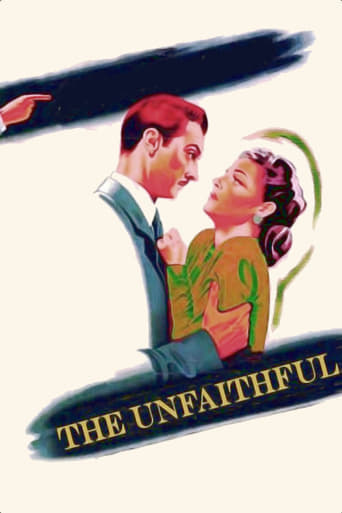
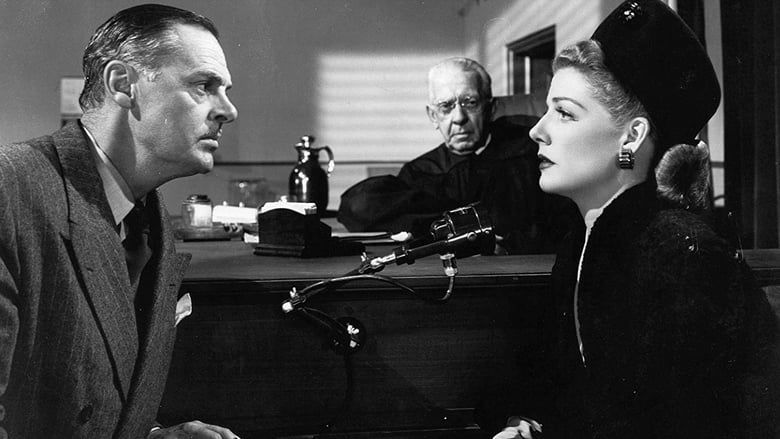
The Unfaithful (1947)
Christine Hunter kills an intruder and tells her husband and lawyer that it was an act of self-defense. It's later revealed that he was actually her lover and she had posed for an incriminating statue he created.
Watch Trailer
Cast


Similar titles
Reviews
Did you people see the same film I saw?
When a movie has you begging for it to end not even half way through it's pure crap. We've all seen this movie and this characters millions of times, nothing new in it. Don't waste your time.
It was OK. I don't see why everyone loves it so much. It wasn't very smart or deep or well-directed.
It’s sentimental, ridiculously long and only occasionally funny
Bleak depiction of the psychological gulfs between men and women.On the one hand, we have the story of an unfaithful wife who will do anything to keep knowledge of an affair from her husband. He adores her but is blind to her depression and seems blissfully clueless as to who she really is.Running counterpoint, we get commentary against marital break-ups, whose stigma apparently was beginning to unravel in 1947. In a small, bitchy role, Eve Arden speaks callously about her divorce and her ex. A lawyer lambastes "cheating and conniving" divorcées who set poor examples for their daughters.A sad-eyed Ann Sheridan does well as a cheater running from the truth. Marta Mitrovich (later in her life, I've read, to become an advocate of poetry as a bridge to world peace) excels as a saturnine, scorned wife. Before it's over, a quote from "Othello" is put to good use: "Oh curse of marriage that we can call these delicate creatures ours and not their appetite..." I found this hodgepodge of a film compelling in parts but way too talky and moralistic toward its sappy end. Overrated.
It's 1947. Zachary Scott has been fighting the war in the Pacific. The conflict having ended, he returns home to his loving wife, Ann Sheridan. For the most part, Sheridan has spent the war years as a volunteer at the USO and in other noble pursuits. However, she has had an affair with a sculptor. She tries to avoid the artist but he stalks her, attacks her, and is killed by Sheridan in self defense. Sheridan then does every possible stupid thing to bring about an accusation of murder. There's an unusually subtle attempt at blackmail. Scenes in a courtroom follow.So far, a little dull -- and it IS talky. But it's also an interesting examination of the stresses place on an ordinary marriage during periods of separation such as wartime imposes.Scott understandably has been wrapped up in his own problems overseas and doesn't write as many letters as he might. Meanwhile, Sheridan has had only a week or two with Scott before he shipped out, and now she's lonely and horny. This is not one of those war-time fairy tales in which the delicious wife back home sticks to her main job -- being resigned but cheerfully faithful throughout.Scott is a generous and forgiving man. No shadow is cast on his character. But he can't stand the idea of his wife, whom he still loves, having been with another man. The jury acquits her, but Scott is distraught. Both he and Sheridan agree that a divorce is in order. He visits a mutual friend, Eve Arden, who gives him a straight-from-the-shoulder analysis of a woman's difficulties at home while her man in uniform is overseas being lauded by the public. Arden tells Scott that he had a two-week fling with her, not a marriage. He "took out an option on her." And he carried with him the fantasy of spousal purity at home. It's a thoroughgoing feminist tract before the formula became formulaic, and it's all the more effective because Scott isn't a bad guy. If he were a brute male, the scene would simply show us his being taken down a proper notch and something of value would have been lost because Scott would have been all bad, while Eve Arden would have been all good. As it stands, it's more sophisticated than that.The last speech is delivered to the couple by Lew Ayres, their lawyer, who dissuades them from divorcing. I don't know the stats but I would guess that the divorce rate rose dramatically after the men returned. Not just because of unfaithful wives, of course, but because of the disruptive influence of PTSD and the fact that homebound wives found new outlets for their energy in wage work outside the kitchen.The film doesn't have the reach of a polished Hollywood product like "The Best Years of Our Lives," yet I suppose it found a ready audience while addressing this rather complicated social problem, one which partly emasculated the male and turned the structure of the household, and of society, temporarily upside down. Temporarily, that is, until about 1975 when the whole thing appeared to collapse.The movie really has a good, clinical dose of ambition and relevance under that cloak of a murder thriller.
I just saw this on TCM and was so surprised at how gripping it was. Loosely based on Somerset Maugham's "The Letter" that was a major early talkie hit for Jeanne Eagels at Paramount and then remade into a the William Wyler-Bette Davis-Warner Brothers classic of 1940, this version pulls you in and gives Ann Sheridan one of her finest roles. Lew Ayres, Zachary Scott, Eve Arden and Marta Miltrovich are all outstanding as well. Top notch Jerry Wald production includes excellent Max Steiner score, superb Ernest Haller cinematography, and a very good script. Outstanding direction by Vincent Sherman allows Sheridan to shine in her central role as a woman who kills a supposed stranger in self-defense and then watches her life implode around her. The ending is the only letdown. Definitely a must for fans of the "Oomph Girl" at her Warner Brothers peak.
I began watching this film out of curiosity. Having seen "The Letter" I just wanted to see how this one stacked up. But other than in general terms there is little else to compare them. Frankly the first half was somewhat predictable, a soap opera that telegraphed the outcome. But when it hit its stride, boy what a surprise! Without giving away any details this film is worth watching simply for the honest and straightforward way it deals with the complications of married life, especially when a couple is separated over a long period. There is plenty of good advice here especially considering the times we live in, what with all the servicemen returning home to find that their wives and sweethearts were real people with real problems.But there was more to it that just that. Perhaps a lawyer might object, but to me even the brief courtroom scene was believable. And the issues were very real. The film did not take the easy way out and reduce itself to an indictment of infidelity. Instead it examined and revealed the motives of the principal characters and none of them came out all good or all evil but a mixture, hence human.If one subscribes to the belief that cinema reflects life then this film is an important revelation of post WWII society and the surprise is that it wasn't all that different from today.


